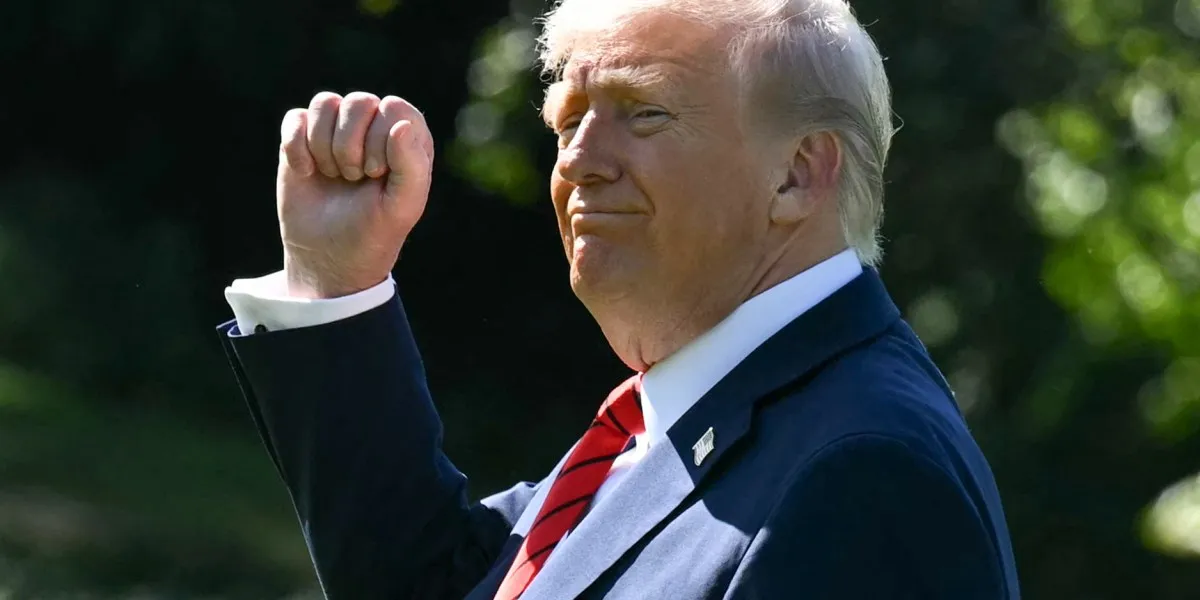
A potentially renewed trade war poses significant risks for market stability, according to Apollo Global Management's chief economist, Torsten Slok. In an interview on Fox Business this past Saturday, Slok expressed concerns that a confluence of factors—including fears of an AI bubble and the likelihood of a prolonged federal government shutdown—could lead to increased uncertainty in the markets throughout October.
Slok described the current economic landscape as resembling “almost the perfect storm.” As the situation unfolds, the White House budget office announced on Friday that mass firings of federal workers have commenced, with projections suggesting that over 4,000 federal jobs could be lost. This development adds to the anxiety surrounding the future of the economy and the stock market.
Drawing parallels to the past, Slok recalled “Liberation Day,” which occurred in April when investors were taken aback by President Trump’s aggressive tariffs. Just six months have passed since that pivotal moment, during which the U.S. stock market lost over $6.6 trillion in value within just two days. This event marked the S&P 500's largest two-day loss on record, leading many to believe that the worst might be behind them.
However, the latest announcement from Trump, which includes plans to increase tariffs on China to 130% and impose new U.S. software export controls next month, has come as a surprise to many market analysts. Slok noted that this tariff hike threat comes after months of what appeared to be reduced tensions in trade relations between the two countries.
Following Trump’s announcement, the stock market reacted negatively, with the S&P 500 dropping 2.7%, marking its worst day since April 10. The Dow Jones Industrial Average experienced a significant decline, falling 878 points or about 1.9%, while the Nasdaq sank by 3.6%. Such declines indicate how sensitive the market remains to trade policy changes.
Slok emphasized that while tariffs take time for companies to adjust to, the implications of another wave of tariffs could be substantial. He warned, “You should expect the same effects as before, namely, higher inflation and also downward pressure on GDP.” This forecast underscores the potential economic turmoil that could arise from renewed trade tensions and increased tariffs.
As the situation continues to evolve, investors and analysts alike will be closely monitoring these developments, particularly as fears around the AI bubble and government shutdown persist. The intersection of these factors highlights the need for strategic planning and cautious investment in the current economic climate.